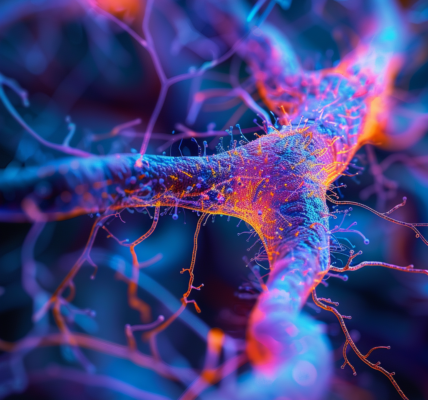Scientists at Oxford University have made a groundbreaking discovery that could revolutionize cancer detection and treatment. Their research has identified 618 proteins linked to 19 different types of cancer, detectable up to seven years before a formal diagnosis.
The study, funded by Cancer Research UK and conducted by Oxford Population Health, analyzed over 300,000 cancer cases. The findings suggest that early detection of these proteins could lead to the development of targeted therapies, shifting the focus from treatment to prevention.
By pinpointing 618 proteins associated with various cancers, including 107 proteins detected in individuals seven years before diagnosis, the researchers believe these proteins could play a crucial role in the early stages of cancer development, potentially paving the way for preventive measures.
Study Methodology and Key Findings
The research, supported by Cancer Research UK, utilized proteomics, a cutting-edge technique that allows scientists to study a large number of proteins in tissue samples simultaneously. By analyzing blood samples from the UK Biobank, which included data from over 44,000 individuals, the team identified significant differences in the protein profiles of those who later received a cancer diagnosis.
Examining 1,463 proteins from each blood sample, the researchers compared the protein compositions of individuals who developed cancer with those who did not. This approach enabled them to detect early indicators of cancer, potentially opening up new avenues for early intervention and prevention.
The team’s findings have significant implications for cancer research and treatment. By focusing on the proteins that influence cancer risk and development, researchers hope to enhance early detection methods and ultimately improve patient outcomes.





